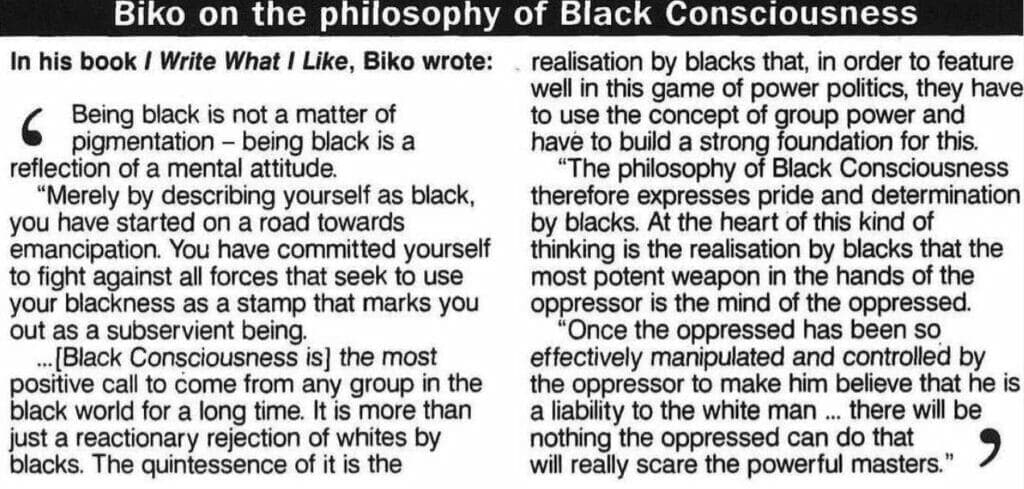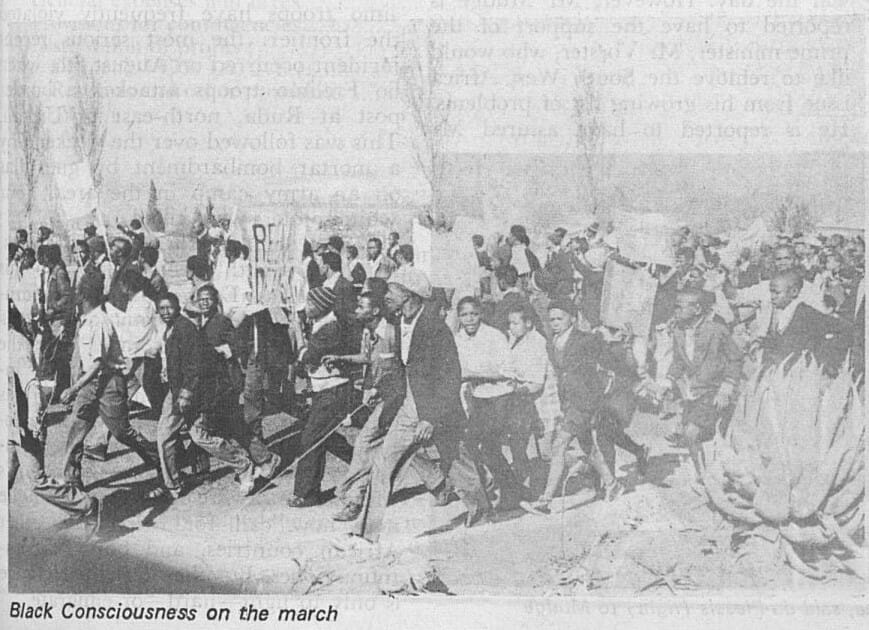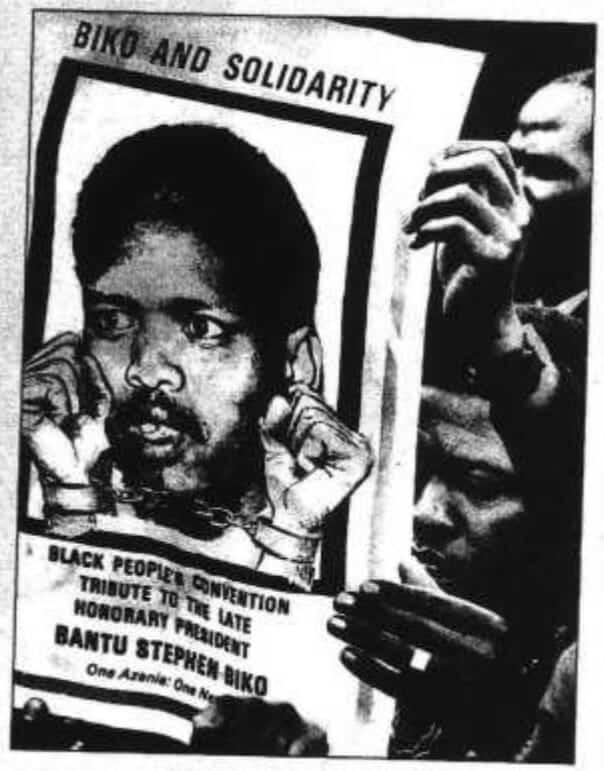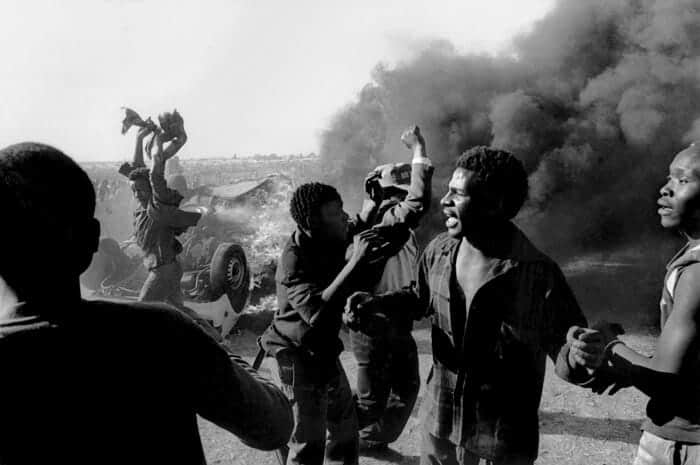│By Sasha Mandakovic, Gale Ambassador at Erasmus University, Rotterdam│
In the midst of finishing the final year of my Bachelor’s degree, I wrote a comparative analysis between the Black Consciousness Movement in South Africa and La Négritude, a literary black resistance movement in Senegal. Inspired by this, in this blog post I will be focusing on the rise of Black Consciousness in South Africa and what it sought to be. This topic is also of great personal relevance to me, as it delves into the experiences of individuals who share my own racial and cultural identity. Furthermore, as someone who has lived in West Africa and had the opportunity to visit South Africa, I find it truly captivating to delve into the nuances of this movement and acquire a more profound understanding of it.
What is Black Consciousness?
The term “Black Consciousness” can refer to several things, one being a movement that first emerged during the mid-twentieth century in South Africa. This movement had a socio-political ideology that emphasised a heightened awareness and pride in black identity, culture, and heritage. The movement aimed to transform the term “black” into a term celebrating power and perseverance. Its main leader, Steve Biko, who tragically lost his life fighting for the rights of Black South Africans, played a pivotal role in fuelling the Black Consciousness Movement. His powerful influence inspired a generation of activists to embrace their strength and resilience, challenging the oppressive forces that sought to diminish their worth and paving the way for a brighter, more equitable future in South Africa.

The newspaper article above, from 1997, references Biko’s book I Write What I Like, in which the activist shares his insights on the Black Consciousness Movement. In the book, he articulates that liberation from white domination could only be realised through the collective struggle of black individuals in asserting their rights and fighting for justice. Central to his philosophy was the understanding that the fight against alienation and segregation required black South Africans to first embrace and take pride in their blackness, forming the foundation for their resistance and liberation.
Why Black Consciousness in South Africa?
While it is true that many countries were and still are battling with the impact of colonisation and its legacies, why did the Black Consciousness Movement first arise in South Africa?
During Apartheid, the South African government passed several laws that aimed to strengthen segregation. The first was the Immorality Amendment Act, which criminalised interracial sexual relations. Another crucial one was the Bantu Self-Government Act which created separate “homelands” for black South Africans and aimed to strip away the autonomy of black South Africans, and give them the illusion of self-government, while confining them to areas with few resources. Arguably, the oppressive laws and restrictions awakened the realisation that passive resistance was not enough, and a sense of urgency was needed to create fundamental change in South Africa. Consequently, it is in 1969 that Black Consciousness emerged as a response to the enforced racial segregation in South Africa.
How did the Black Consciousness Movement Rise?
The Black Consciousness Movement was first initiated by the South African Students’ Organisation (SASO) which was primarily led by a group of students from the University of Natal Medical School where Steve Biko pursued his studies. It was a direct result of the frustration and disillusionment felt by black individuals who were subjected to racial discrimination and political marginalisation. Through grassroots organising, educational initiatives, and cultural expression, the Black Consciousness Movement provided a platform for black voices, mobilised resistance against apartheid, and contributed to the broader struggle for freedom and equality in South Africa.
The Soweto Uprising, 1976
One of the most renowned events associated with the Black Consciousness Movement was the Soweto Uprising of 1976. It began as a student-led protest against the compulsory use of the Afrikaans language in schools, which symbolised the broader systemic injustices of apartheid. Thousands of black students took to the streets of Soweto, Johannesburg, demanding quality education and an end to racial oppression. The march was met with brutal force from the police, resulting in tragic casualties and sparking widespread outrage. The Soweto Uprising became a significant turning point in the struggle against apartheid, galvanising international attention and inspiring further resistance against the oppressive regime.

Biko, a hero?
The Black Consciousness Movement marked a turning point in the lives of many South Africans. While apartheid was only abolished in 1991, Biko’s legacy as a courageous and visionary leader continues to inspire activists around the world. His unwavering commitment to justice, equality, and the empowerment of black people resonates with those fighting against various forms of oppression. His teachings on self-acceptance, pride in identity, and the power of collective action serve as a guiding light for social justice movements today. As Biko’s ideas continue to permeate through generations, his enduring influence reminds us of the ongoing struggle for liberation and the importance of standing up against injustice in pursuit of a more equitable and inclusive world.

Part of a Larger Struggle for Racial Identity
The Black Consciousness Movement was part of a larger struggle for racial identity in the twentieth century as black individuals across the globe sought to reclaim their dignity, challenge oppressive systems, and assert their rightful place in the narrative of history. Its influence extends far beyond South Africa, serving as a beacon of hope and inspiration for marginalised communities globally.
If you enjoyed reading about the Rise of the Black Consciousness Movement, check out:
- Power, Protest and Presidential Profanity: The ‘Race’ for Civil Rights
- Grassroots activism in amateur publications written by women, African Americans and the LGBT+ community
- How Gale’s archives supported my thesis on the politics of contraception in South Africa, 1970s–80s
- Using Primary Sources to Explore How Courts Punished Interracial Sex in Apartheid South Africa
- African Hairstyles – The “Dreaded” Colonial Legacy
- Decolonising the Literary Curriculum: A Close Examination of Derek Walcott’s Omeros
- Decolonization: Politics and Independence in Former Colonial and Commonwealth Territories
Blog post cover image citation: This image was captured during protests against Apartheid in South Africa in the 1980s. Author Paul Weinberg. Image available on Wikimedia: https://commons.wikimedia.org/wiki/File:Anti-Apartheid_Protest_02_F.jpg


